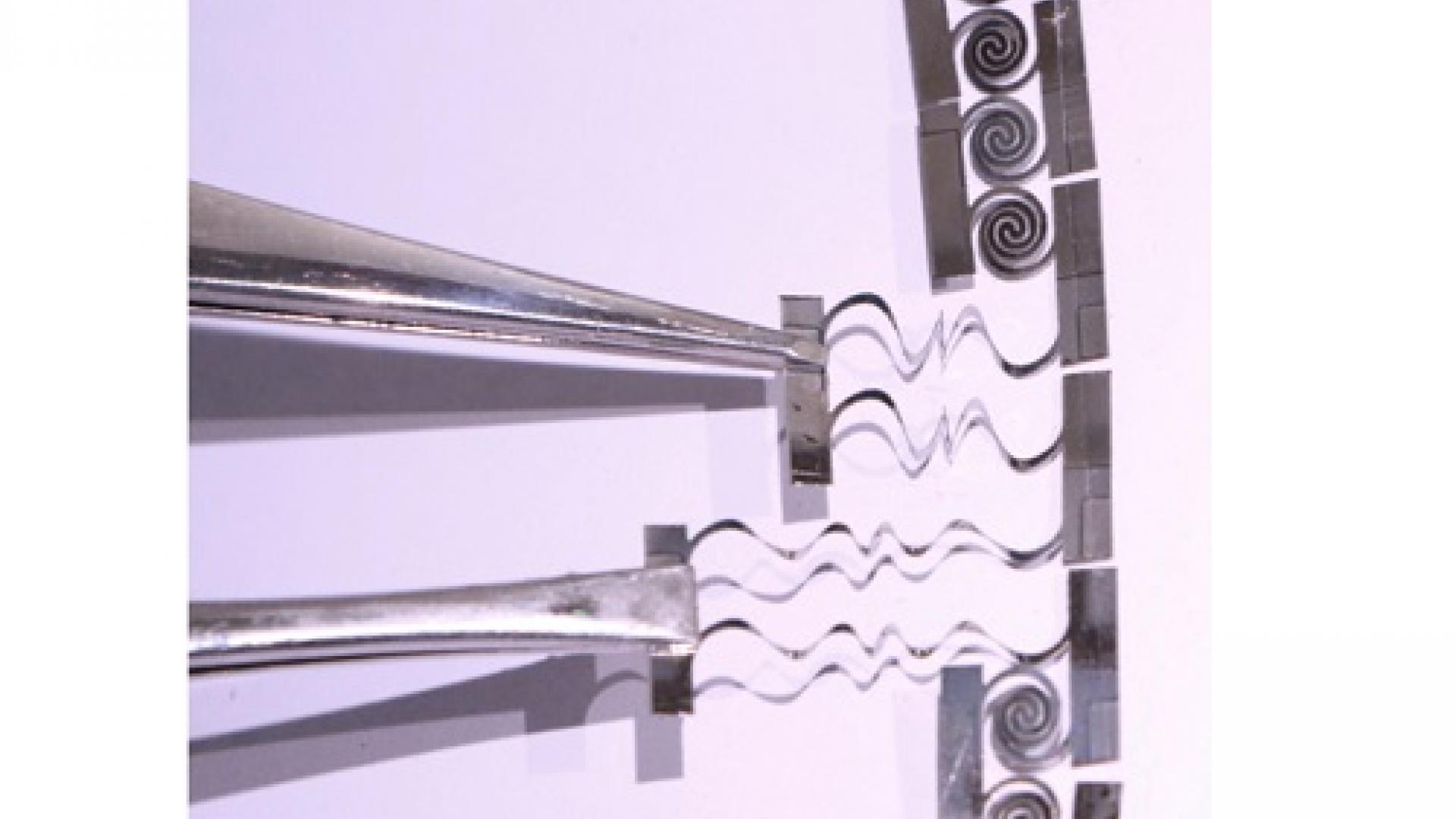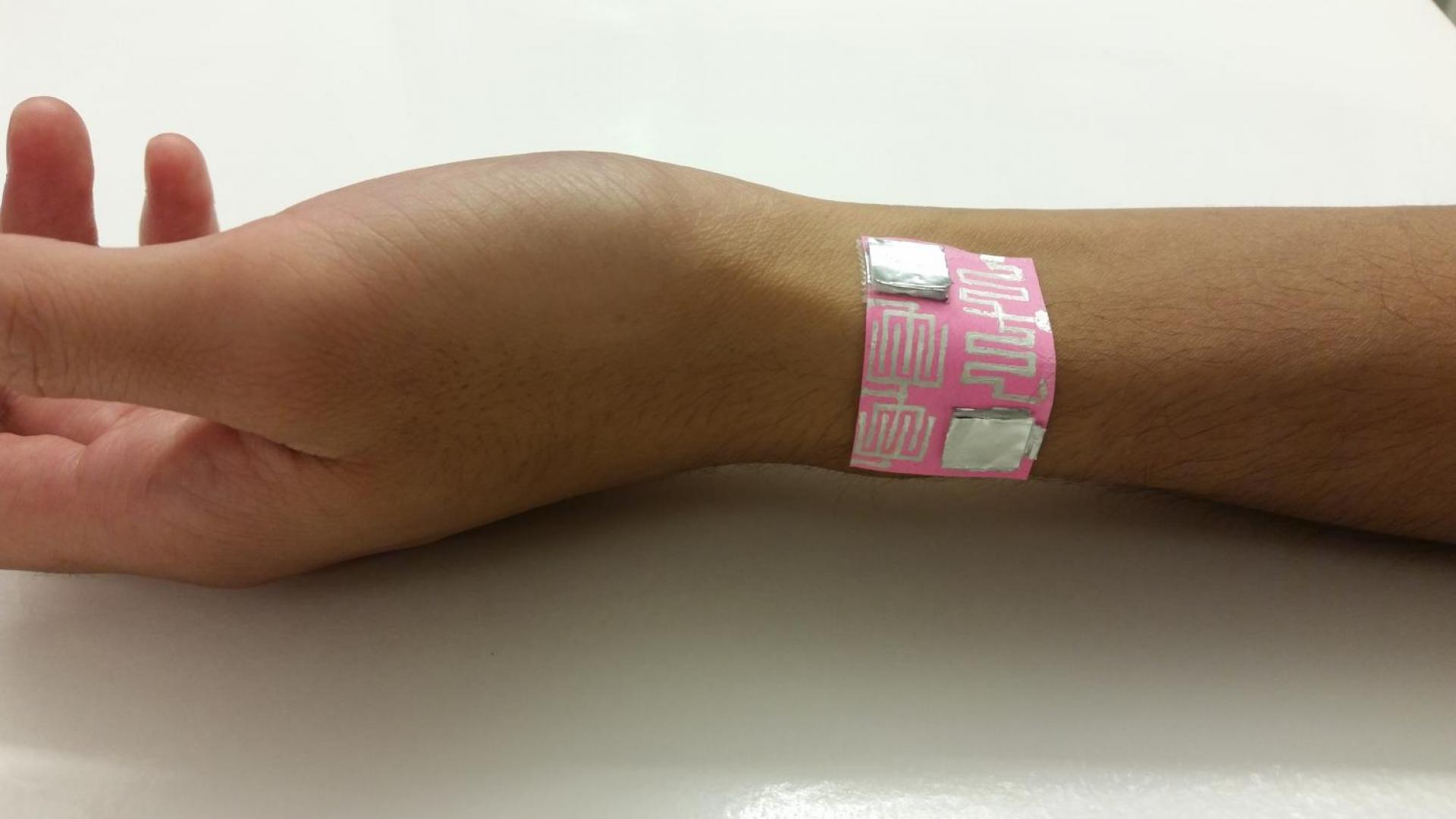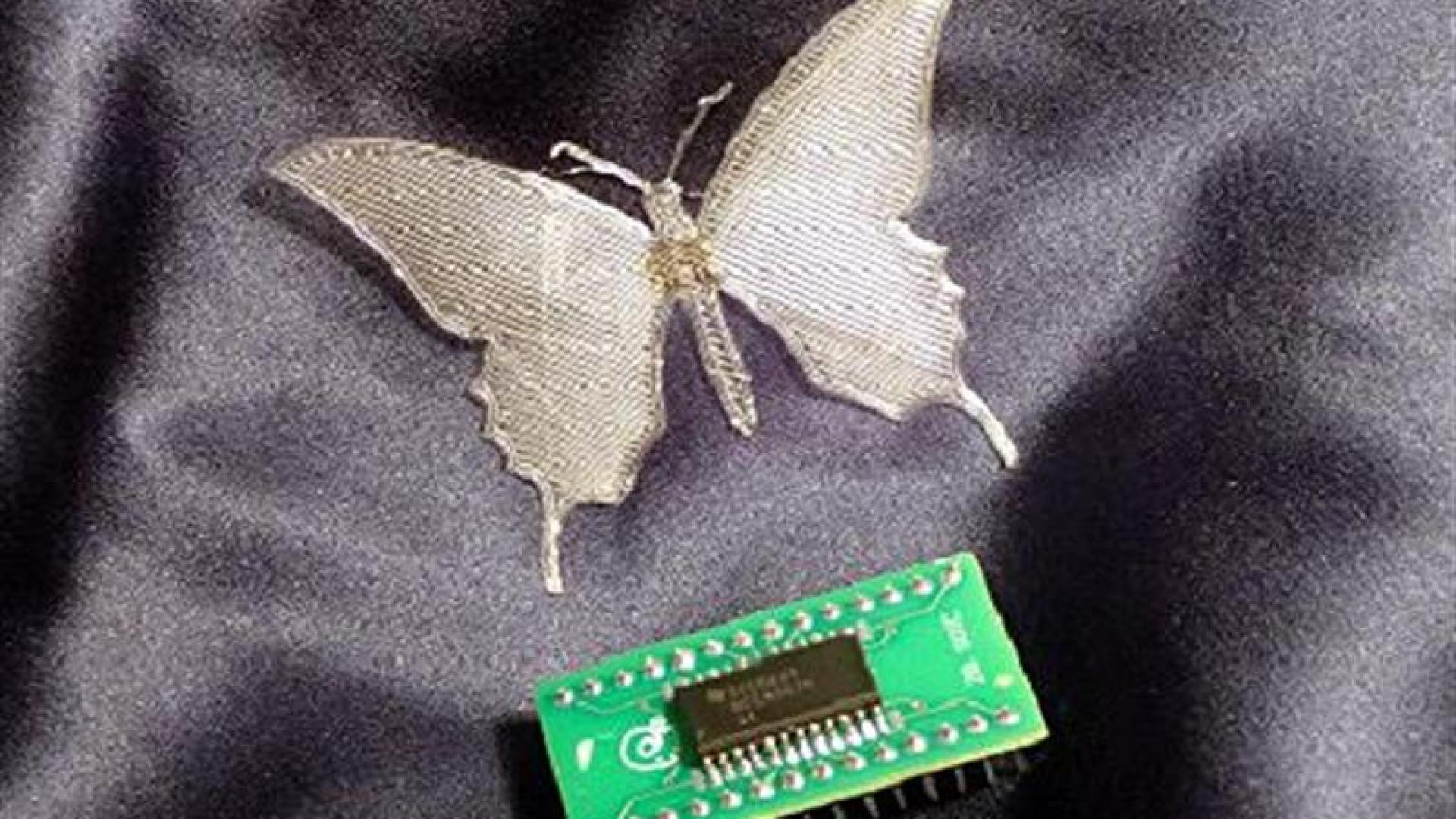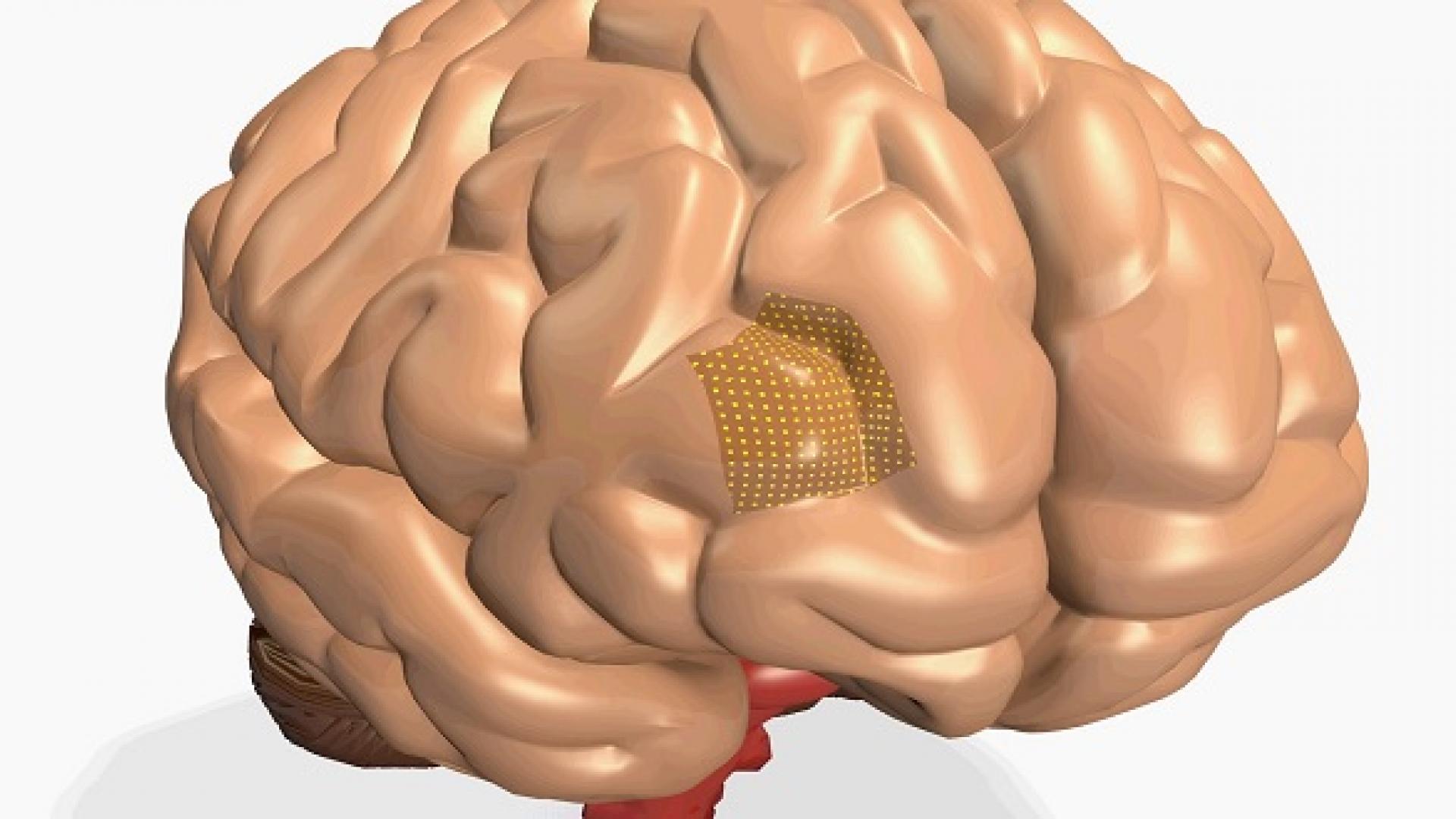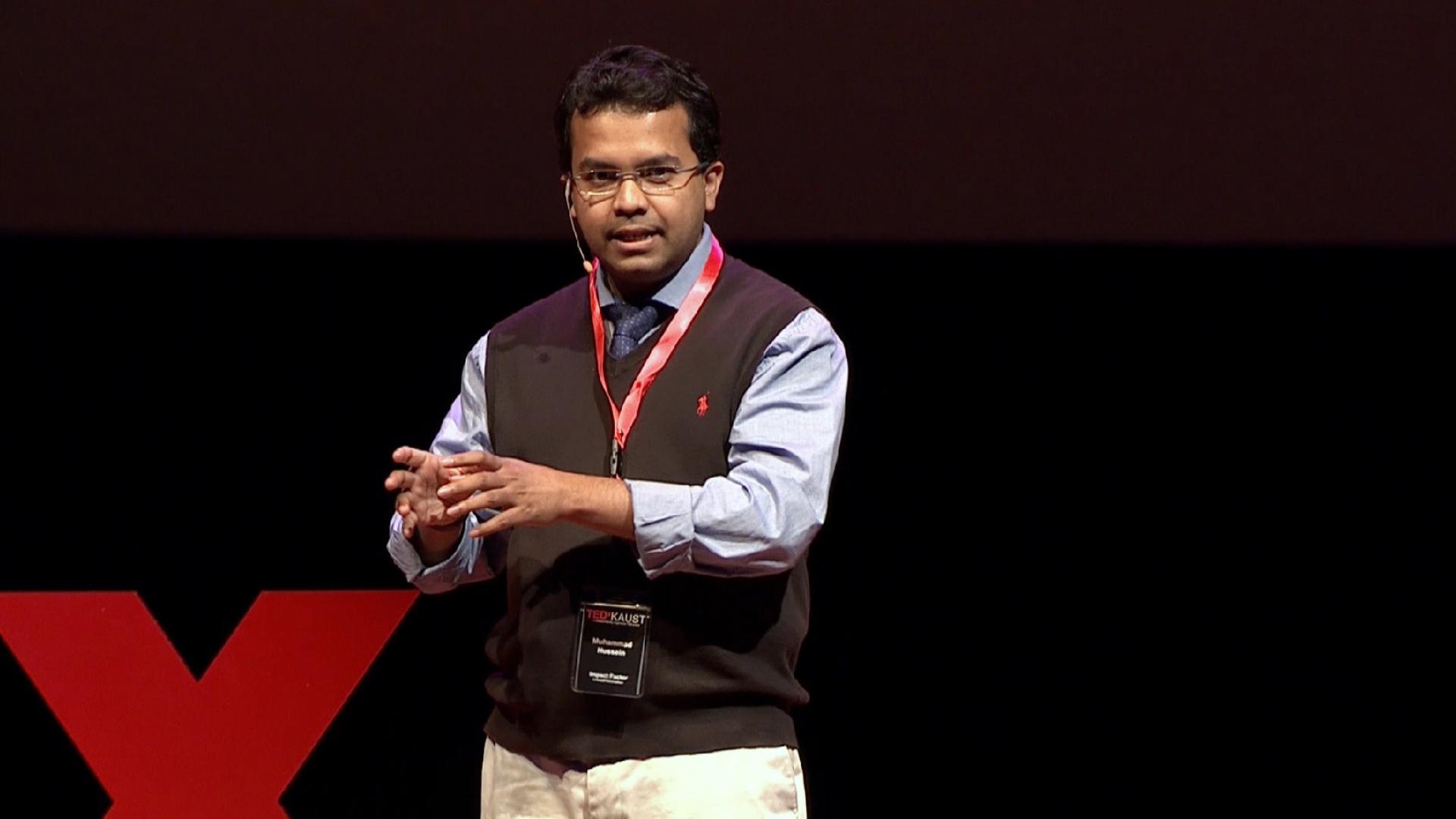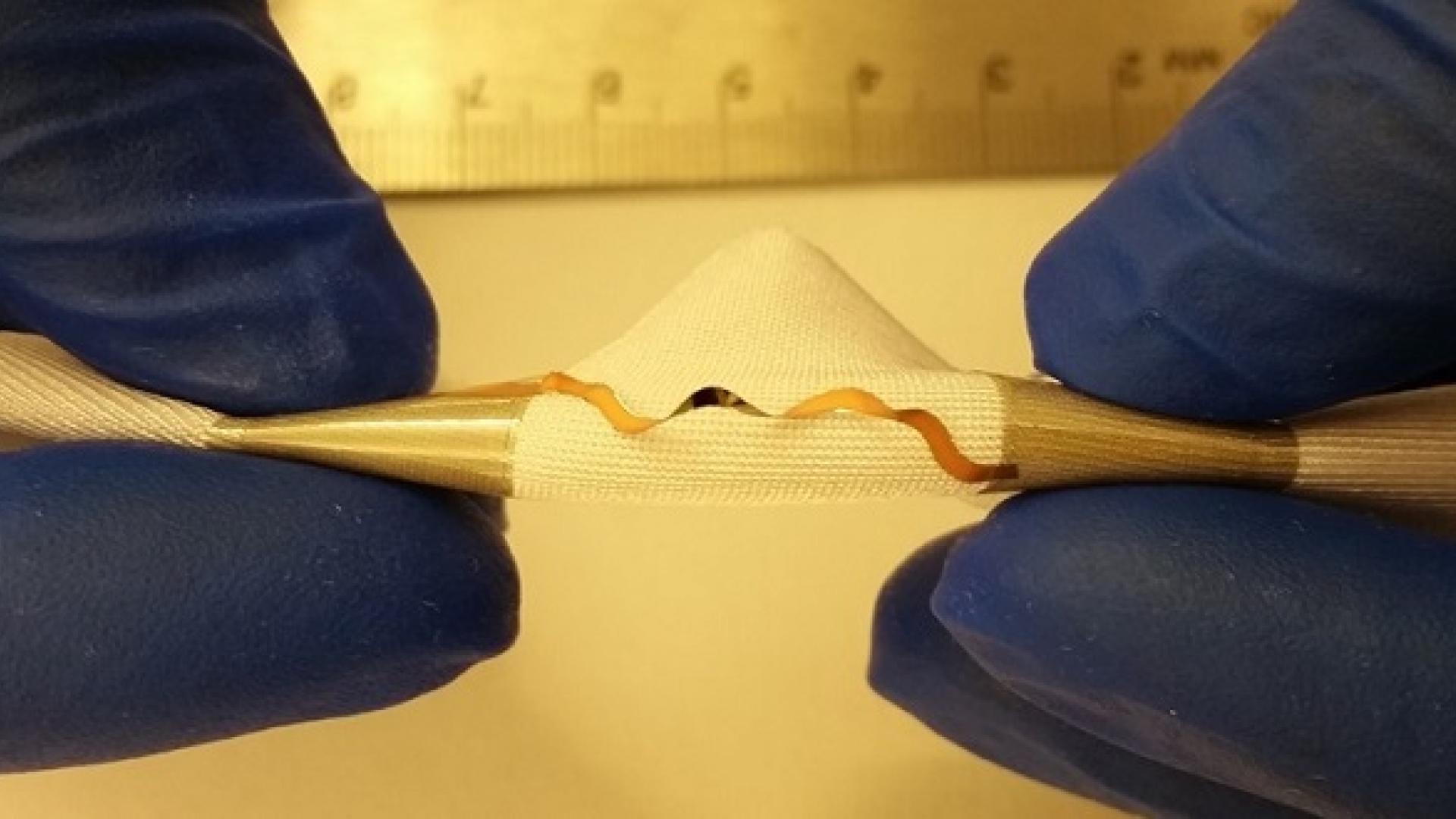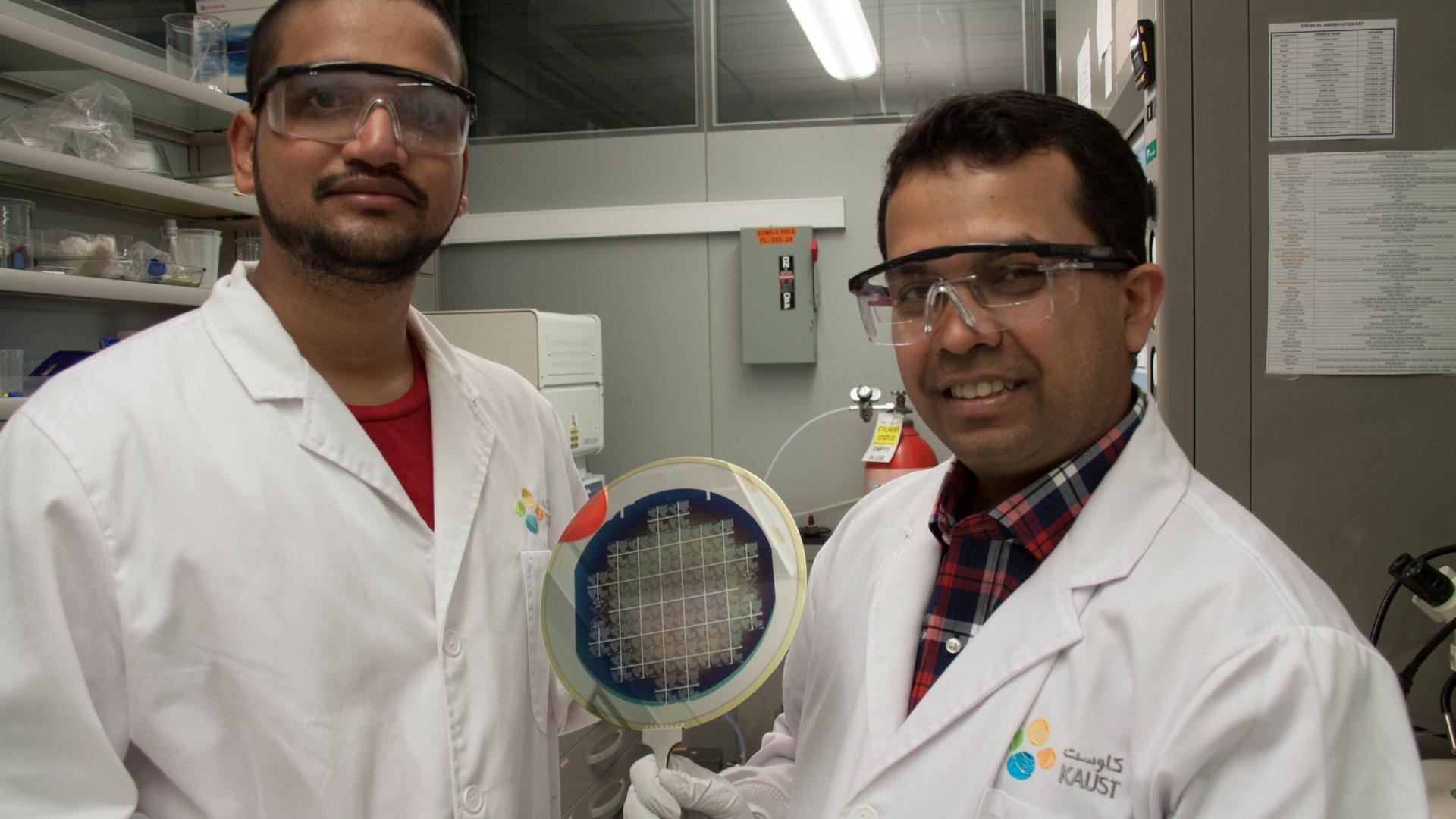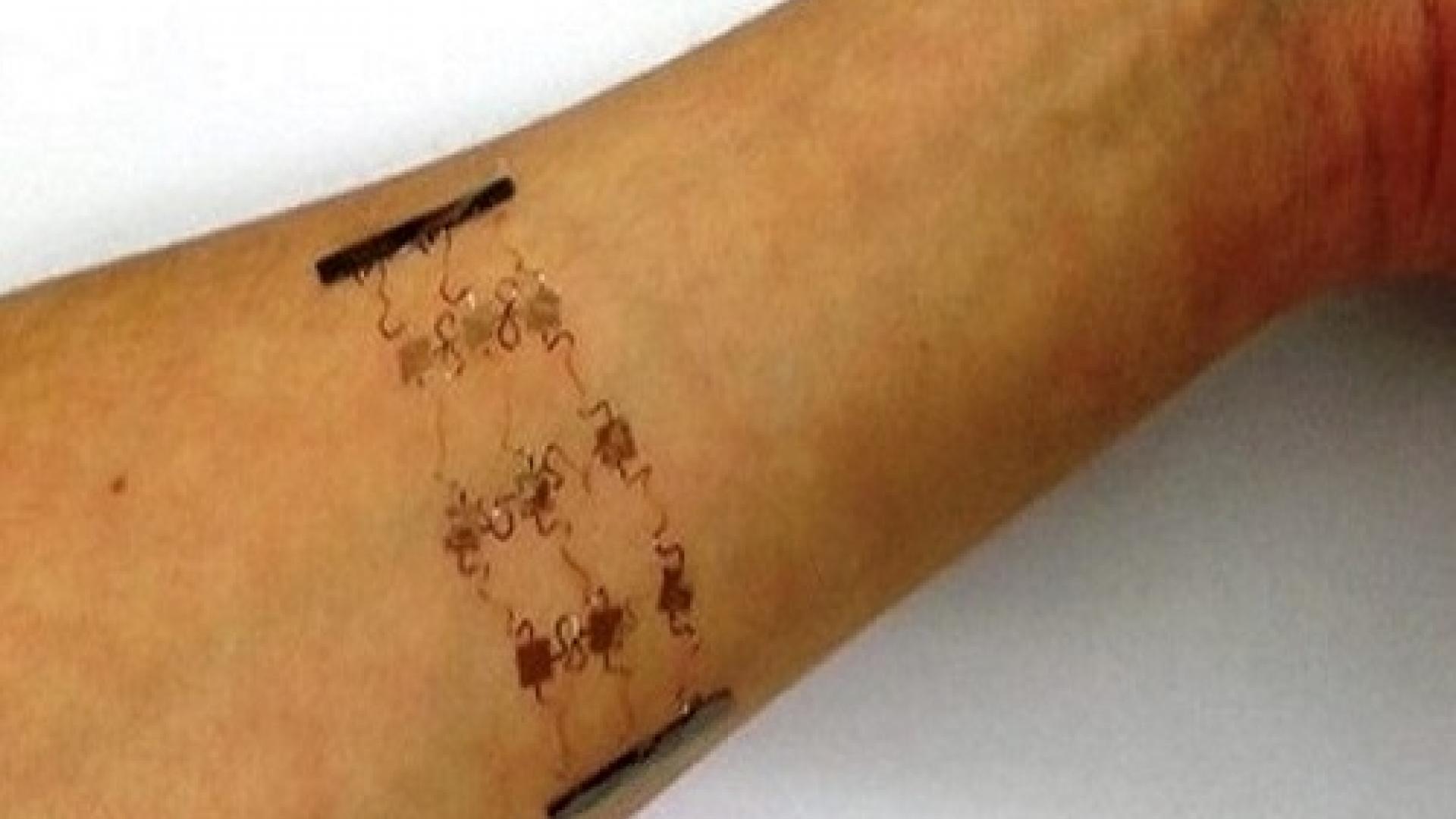Redesigned lithium-ion batteries could help improve the efficiency of orthodontic devices.
-By Francesca Serra
Muhammad Hussain, associate Professor of electrical engineering at the Computer, Electrical and Mathematical Science and Engineering Division of KAUST, recently developed a new dental brace technology that can straighten teeth faster and more effectively than actual products.
Deformable thermoelectric materials add a new twist to the design of energy-scavenging devices.
In today's digital age, the increasing dependency on information makes everyone potentially exposed to privacy invasion and cyber security. Annual reports on tech-safety breaches are alarming, with stolen portable devices, laptops or mobiles, along with hacked hardware skyrocketing to 50% in the United States only. Bigger the picture, global is the risk of unwilling access to private lives or strategical documents, with everyone in the eye of the most dangerous of information violation. In such cases, an immediate ability to remotely destroy the sensitive parts, if it is not possible to regain them, would save us.
Give a Post-It Note paper to an Electrical Engineering team and you will see it turn onto the new alley to revolutionize modern medicine; an unprecedented wearable, budget-friendly and reliable a paper-based sensor for health screening encapsulated in a silicon wrist with a recycling high-tech design. Body temperature, sweat levels, heart rate and blood pressure can now be monitored with no need to go to hospitals nor using costly technologies, dramatically rare in underdeveloped or developing countries.
Attempts for 3D fabrication of decal electronics were previously made. But, rigid, bulky, and planar CMOS electronics were larger in size and limited in adaptability with the human body. Unwillingly, such obsolete device creates localized heating, power-loss and grumpy data performances.
The Fellowship is an international distinction assigned only to highly selected scientists for their contributions in the fields of APS, and was given to Prof Hussain for contributions to exploration, evaluation, and transition of planar and nonplanar high-k/metal gate complementary metal oxide semiconductor electronics, silicon/silicongermanium/ III-V nanotube devices, and flexible, stretchable, reconfigurable complementary metalâoxideâsemiconductor electronic systems.
New sensor design paves the way for safer and more effective brain monitoring.
Prof. Muhammad Hussain's article "Functional integrity of flexible n-channel metal-oxide-semiconductor field-effect transistors on a reversibly bi-stable platform" was selected for "2015 Applied Physics Letters Editors' Picks"- published by the American Institute of Physics - a scientific journal featuring concise, up-to-date reports on significant new findings in applied physics.
Prof. Muhammad Mustafa Hussain nominated for the Fellowship at the Institute of Physics (IoP), UK.
Congratulations to Prof. Muhammad Hussain whose smart skin project made out of cheap household materials such as foil and tape - was featured on the Washington Post and a few other news media.
A low-cost, copper-based flexible and stretchable antenna improves far-field data communication in wearable electronics.
A paper has been published to cover a new technology that makes electronic devices stretchable while retaining their electrical and thermal properties.
Smart, stretchable pads open up a new approach for thermotherapy.
Two CEMSE doctoral students have been invited to the 65th Lindau Nobel Laureate Meeting, which will be held on June 28-July 3.
